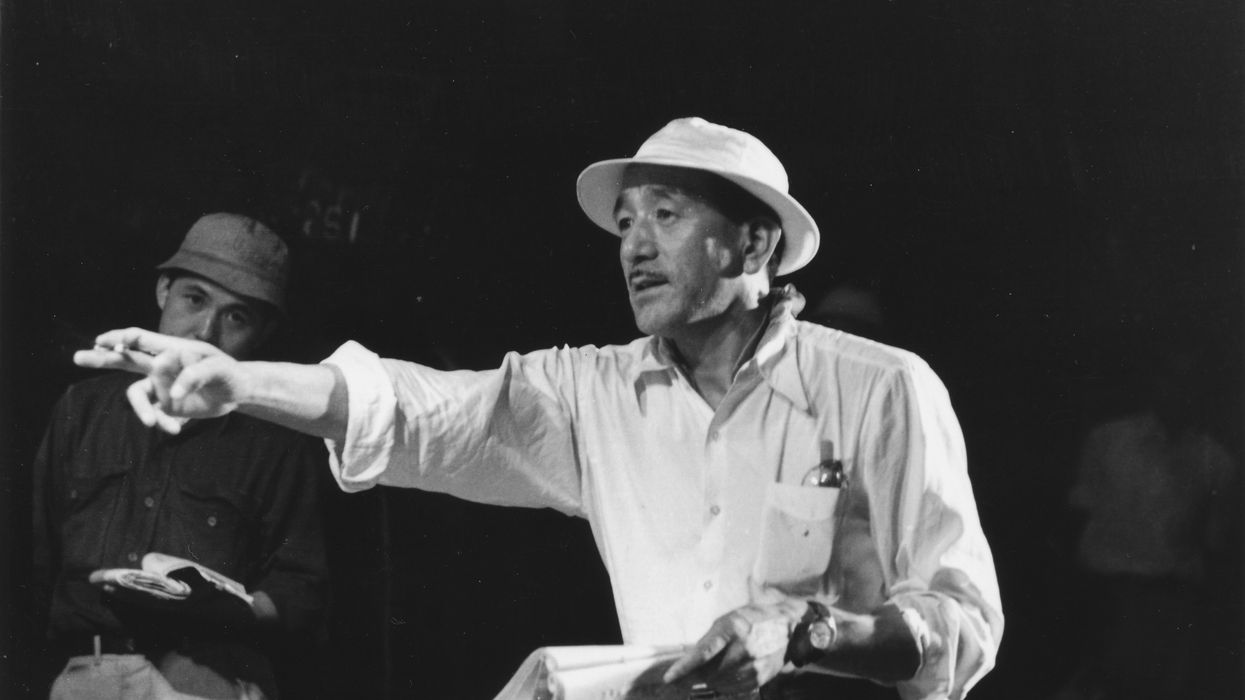Painting the Same Rose: An Exploration into the Cinematic Style of Yasujiro Ozu
Japanese director Yasujiro Ozu is in a league all his own.

His films are serene, melodic celebrations of nature and humanity that unfold slowly and realistically on-screen. They're contemplative, intentional, and always bear the trademarks of Ozu's unique sensibility. But — if you watch any of Ozu's films you might find that they look a lot alike. In fact, he even admits that they appear to be all the same. This facet of his work is explored in this video essay from kogonada, and might lead you to wonder — is that such a bad thing?
Here's another one of kogonada's videos that show how Ozu uses passageways in his films:
"I am like a painter who keeps painting the same rose over and over again."
This idea of the unevolving filmmaker brings to mind the many criticisms of Wes Anderson, whose work has been previously compared to Ozu. The main gripe I've heard about his work is that all of his films look the same — that Anderson has essentially made the same type of film throughout the entire expanse of his career. But that critique has always bothered me, because the "Wes Anderson Style" is, well, his; why must it evolve and change as time goes on?
Ozu addresses this in his own work, saying:
I have always said that I only make tofu because I am a tofu maker. One person cannot make so many different kinds of films. It is possible to eat many different types from around the world at a restaurant in a Japanese department store, but as a result of this overly abundant selection the quality of the food and its taste suffers. Filmmaking is the same way. Even if my films appear to all be the same, I am always trying to express something new, and I have a new interest in each film. I am like a painter who keeps painting the same rose over and over again.
Some filmmakers develop a different style the further they get in their careers. Some push themselves to open different doors in their stylistic or narrative approach to filmmaking. But some filmmakers, like Ozu, stick to their particular sensibility as though it were a fixation. Making films that were slow, melodic, and captured the simple beauty of a semi-dreamlike reality was, in essence, just him painting the same rose again and again and again.
And you don't look at a field of beautiful flowers and think, "How repetitive." You smile, try to count the stems, and are thankful that they're ambrosial — even from a distance.
Source: kogonada











